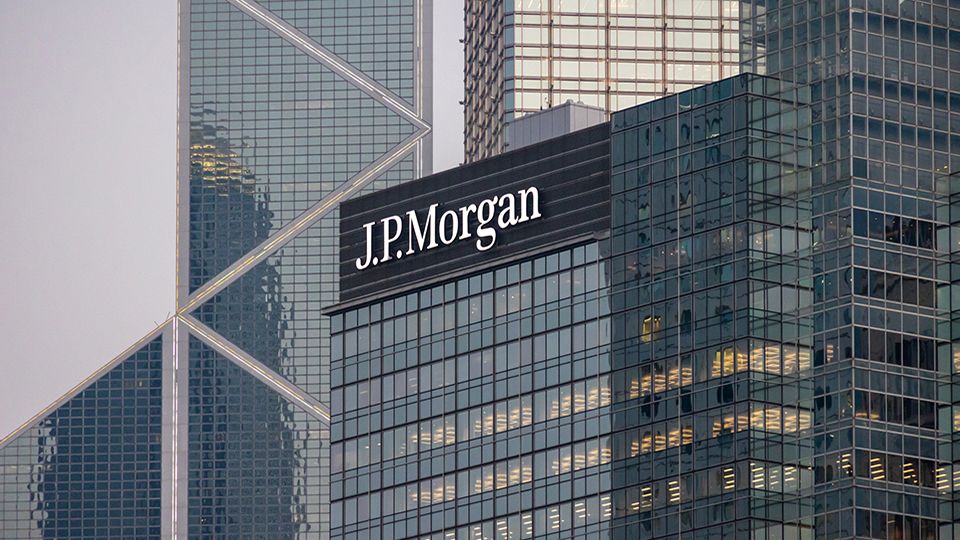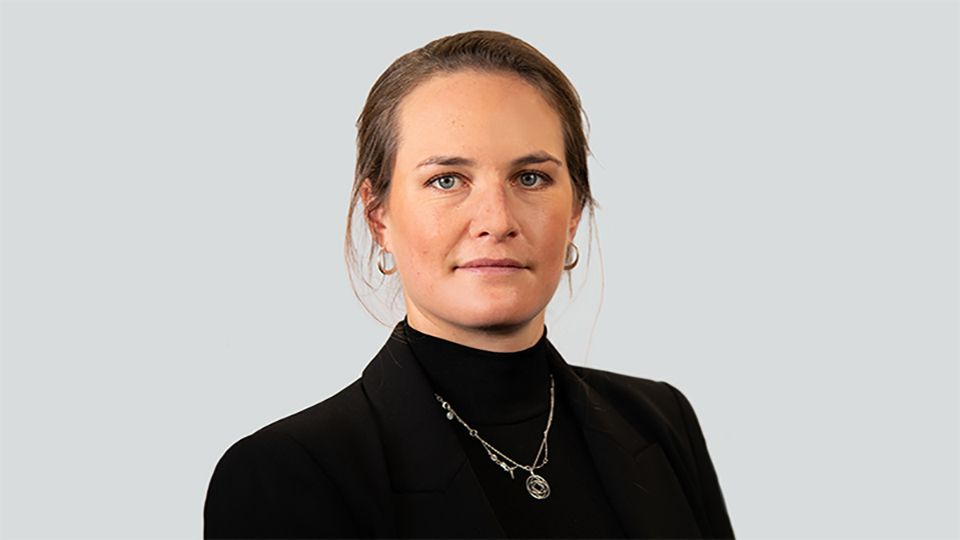Netherlands headquartered Robeco has laid out plans to achieve net-zero greenhouse gas (GHG) emissions by 2050 across its entire assets under management, as reported by ESG Clarity in the UK.
The group said in a statement it has set itself targets and mapped out how it will reduce GHG emissions to net zero over the next two decades to play its part in limiting global warming to 1.5 °C.
Reducing portfolio emissions, investing in climate solutions such as green bonds, and engaging with investee firms are all included in the plans, while the group will also advise its clients on how to set decarbonisation goals for themselves.
Gilbert Van Hassel, CEO of Robeco, commented: “It is clear from scientific reports about climate change and carbon emissions that society has to act now. We cannot solve big problems such as climate change and the rapid decline of biodiversity on our own. But what we can do is set a clear example for the broader industry, work together and encourage other financial institutions such as asset managers to follow suit. We have set this ambition with the conviction that investing is not only about creating wealth but also about contributing to well-being.”
Robeco has already undertaken a number of actions to limit its carbon footprint. It expanded its fossil fuel exclusion policy to all funds, hired a climate strategist and a climate data scientist, and launched series of investment strategies to contribute to this ambition, such as a global green bond strategy.
Victor Verberk, CIO for fixed income and sustainability at Robeco, added: “We aim to make our contribution to the Paris Agreement ambition, as climate change represents a significant threat to investors and the global economy. We acknowledge the responsibility of the investment industry towards climate change risks through the investment decisions that we make and the active dialogue we have with investee companies and other institutions. With this net-zero ambition we aim to contribute to a low-carbon economy.”









